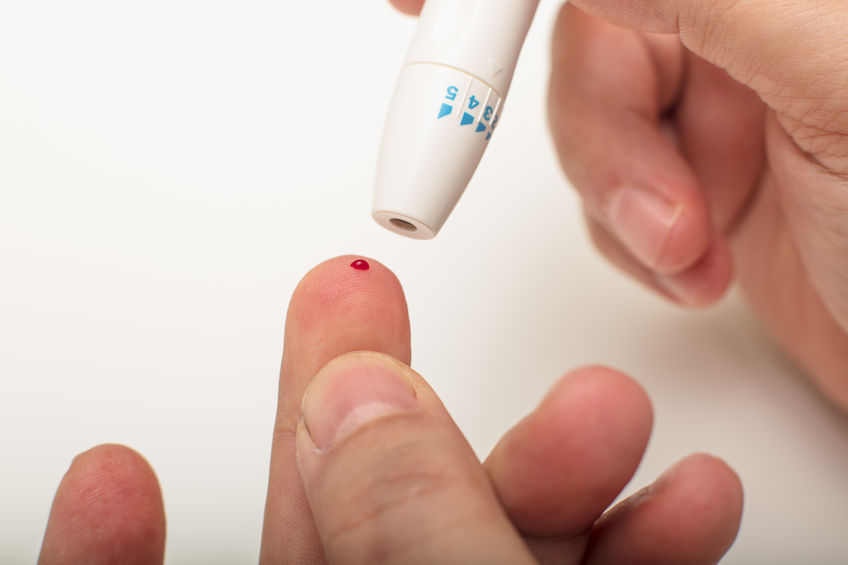Is your energy and motivation deteriorating?
Is your concentration and memory declining?
Are your problems caused by low testosterone?
Find out with our at-home Blood Test
Testosterone is the hormone responsible for most male characteristics.
It regulates male sex drive, fat distribution, increases bone and muscle mass, improves strength and increases the production of red blood cells and sperm.
Common signs of low-testosterone in men
♦ Decreased energy, motivation, initiative and self-confidence
♦ Poor concentration & memory
♦ Depression & anxiety
♦ Disturbed sleep
♦ Increased sleepiness
♦ Mild anemia
♦ Reduced muscle bulk and strength
♦ Increased fat
♦ Frequent urination at night.
The team at CJA Balance can help to diagnose your testosterone levels by looking at your symptoms and then confirming diagnosis with a simple at-home blood test.
Your at-home Testosterone blood test in 3 simple steps...
1. We send you an easy-to-use kit to collect your blood sample.
2. Send your sample to our lab in the prepaid envelope provided.
3. We securely send your results and discuss the medical analysis of your results with you.

The INITIAL BLOOD TEST checks for levels of :
♦ Total testosterone ♦ Free testosterone ♦ LH (Luteinizing Hormone) ♦ FSH (Follicle Stimulating Hormone) ♦ Oestradiol ♦ SHBG (Sex Hormone Binding Globulin) ♦ Albumin
Our finger-prick test kit is easy to use and will arrive in the post so you can check your testosterone levels in your own home. Follow the instructions and post your sample to our lab in the prepaid envelope provided.
If your testosterone levels are low, we will offer you a second blood test. The lab results are usually available within three days and you will then be offered a consultation with a qualified doctor. Your doctor will prescribe the appropriate medication in line with your blood test results. You will receive these medications securely through the post, with clear instructions on how to administer these medications.
Follow up blood test monitoring and doctor consultations are provided. Patients require blood tests at 6 weeks, 3 months, 6 months and then every 6 months thereafter. Your doctor consultations will be at 3 and 6 months. Your results will be treated in the strictest of confidence.

